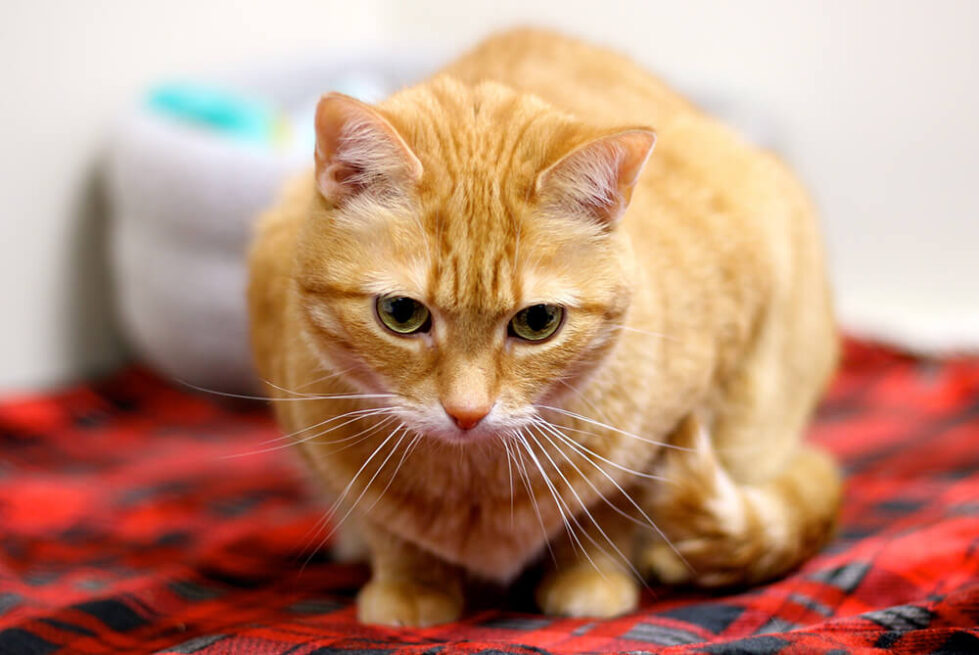If you have a cat, chances are at some point, they may experience urinary stones? So what causes them and why are they more prevalent in cats than dogs?
What are bladder or urinary stones?
Uroliths, more commonly known as urinary or bladder stones are no different than those that occur in humans. They are an extremely sharp rock-like mineral that can form within the bladder and can vary in size from a grain of sand to the size of a pea!
What do bladder stones do?
There are at least four known types of urinary stones that affect cats and can be tested to figure out the specific type plaguing your cat. Some bladder stones can cause a total blockage which can be life-threatening and require immediate surgery. At that time, they can be analyzed to determine their type. If the stones are small enough to pass in the urine, they should be collected and taken to your veterinarian to examine their exact chemical composition.
What can be done?
Once the type of stone is determined, your veterinarian may prescribe mediation and/or a special diet, if needed, to help keep bladder stones from forming again or at least to reduce the reoccurrence. Just as with humans, diet can play a big part in the development of stones.
If you are concerned about your cat forming bladder stones, discuss your cat’s current diet with your veterinarian at your cat’s next annual wellness exam for any recommended changes.
Team up with your Veterinarian
Your veterinarian and you will need to work together to find the best treatment options for your feline friend to help reduce and possibly even eliminate the recurrence of these dreaded stones.
If you notice your cat isn’t feeling well, find blood-tinged urine in their box, or their litter box is not being used as frequently as normal, these could all be signs of bladder stones and should warrant a visit to your Washington DC veterinarian immediately.

